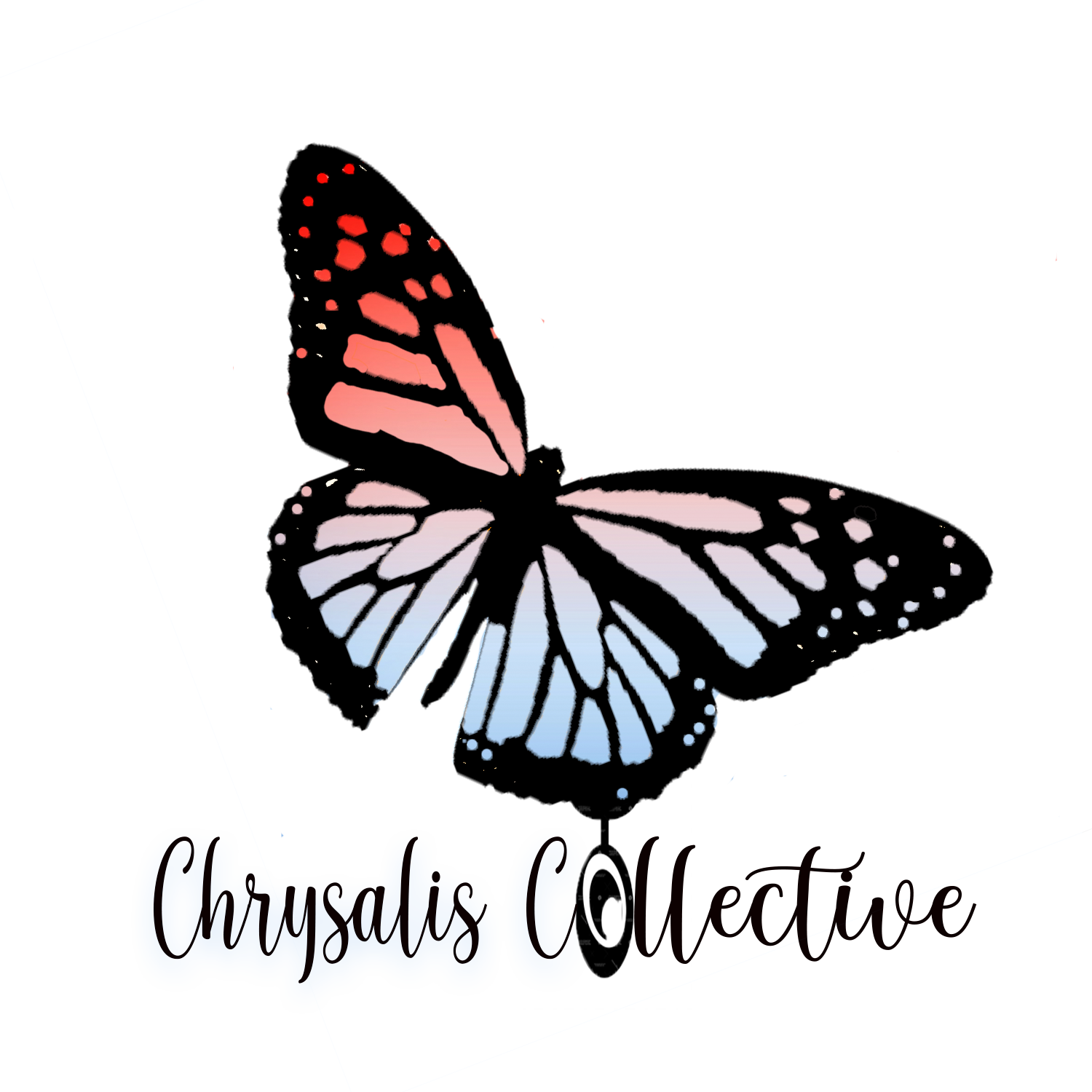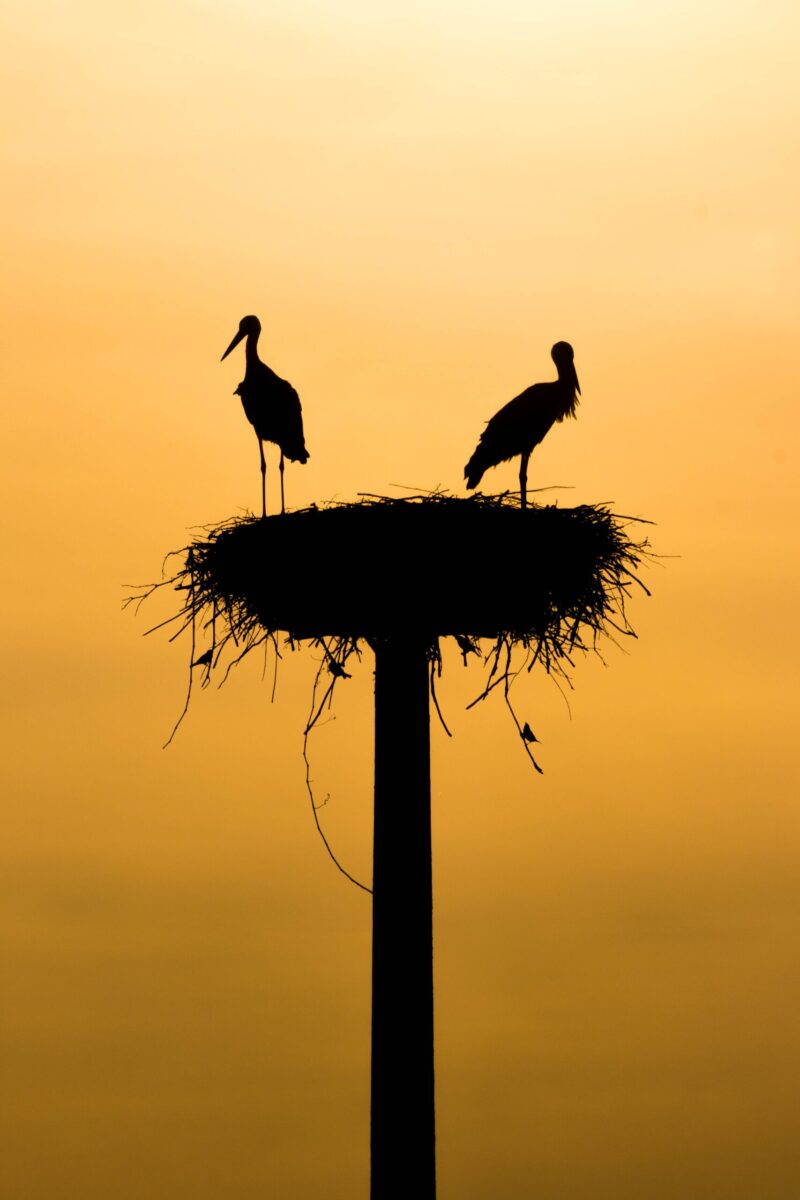In Croatia lives a man named Stjepan Vokic who has been taking care of a female stork for almost twenty years.
Stjepan found her stranded on the side of the road with an injured wing, so he took her home and nursed her back to health. He built her a nest on his roof (and one in his garage for the cold winter months), and since she cannot return to the wild, he catches fish for her and brings her good sturdy branches for her nest. He has to physically toss her up on her roosts since she cannot fly.
He named her Malena, which means “the little one.”
Then, about fifteen years ago, Malena got a springtime visitor. A male stork (whom Stjepan has named Klepetan) stopped by Malena’s nest on his way back to Croatia from South Africa. Klepetan has been flying back to Malena’s rooftop nest every spring since that first visit and they have had 59 babies together. Vokic has three sons, but now, with the addition of Klepetan, proudly tells everyone he knows that he has four.
“Every year Klepetan returns to South Africa for the winter, and every spring in Croatia, over a million people watch a livestream video waiting for him to return. His journey home is dangerous. Every year around two million birds are killed on this route by poachers, so the moment he returns to Malena brings joy to so many people,” says Vokic.
I’m not crying, you’re crying.
(You can find this video on Youtube or on the Dodo)
We humans know two worlds pretty well. The first one is of the outer world– the ocean, the air, our kitchen floors, the break room, our skin, the way we kiss the people we love. This is the world that supports our biological needs. The second world is our private inner life– the one in which we watch memes, meditate, engage in inner dialogue, fantasize, worry about bills. All that stuff.
But there is a third world much more mysterious than the other two. That of empathy. This is the world in which we enjoy connection with other living beings. We can go to this world whenever we want and enjoy the connections that have the power to change our lives. Eye contact. Hushed conversation. A simple nod and a smile. We can step out when we’ve had enough, then head back in at will.
It is this third world that connects us to animals. Nature has such prescriptive healing that doctors in many countries are writing “nature prescriptions.” It seems that physicians are no longer satisfied with the results of medication and counseling, so they’re prescribing their patients head into the wild.
“Get out,” the doctors are telling their patients. “Breathe the air, walk the land. Enjoy nature, watch the birds, pet some goats. Just get the hell out of your house.”
Connecting with animals is an incredibly powerful drug. When two animals, one of them human, meet across the great divide, time stops and both enter a world of potential. While you watch and engage with an animal, you are released from ego. Time ceases to exist. Have you ever pet your dog and he’s looking deep into your eyes and you feel transported? Ever afraid to get up because your cat is lying across you and you don’t want to bother her because she’s comfortable? Ever ridden a horse, stared at a deer, taken a photo of a bear, and just feel mesmerized?
Empathy and connection.
Why do you think so many people are waiting for Klepetan to return? In that moment where we watch Klepetan swoop down onto Vokic’s roof and strut proudly towards his beloved Malena’s nest, we feel kinship and connection. “Yes,” we think, “I know how that feels, to return to someone you love.”
I have my own personal Malena and Klepetan. Mr. and Mrs. Duck. They return every spring to huddle under my birdfeeders, waiting for the cracked corn they know I have in the house. After so many years they are no longer afraid of me, but Mr. Duck watches carefully as I throw the corn towards them, protecting Mrs. Duck at all times. He watches over her as she eats, and only eats when she has had enough.
Every year I write down the date on which they return on my family calendar. Last year the first day I saw them was April 14th. Then I take a picture of them and send it to all of my sons with the caption, “They’re baaaaack.” My sons wait for this picture every year, and when they’re home, they know if Mr. and Mrs. Duck are out front eating, they are to use a different door, or at least walk calmly around them, so as not to startle them. The worst thing I can hear is that they flew away before they were done eating to roost in a neighbor’s yard or pool.
I get very jealous. They’re my ducks.
I get many ducks under my birdfeeder. Single male ducks. Two males. Two males and a female. One female. But there is only one Mr. and Mrs. Duck. I know them by sight, sound and markings. When I watch them waddle across the street towards my house, my heart does backflips, even after all these years. They know cars will stop for them as they cross, and they’re so haughty about it. They do that light little quacking thing, and I must admit that I quack back at them. Sometimes I’m in my car driving down my street and I can see them hanging out in the gutter water three houses down, so I’ll drive past them and tell them to come over and get a snack. They listen to my voice, and head over.
The waddling kills me every time. I love to sit on my patio and watch them eat, their visit varying from five minutes to an hour at a time. It struck me for many years that they were never afraid of my dog, who would just lay calmly on the patio and watch them eat. When they return this spring, I’m sure if they could talk, they would ask me, “Hey, where’s Mojo?” I think they’ll miss him as much as we do.
Nature always remembers.
*Research concerning human and animal interactions can be attributed to the book Our Wild Calling by Richard Louv.
**I just traveled the world and country for four years, and Malena found the man of her dreams by building a nest on top of her roof. Location location location. More on this to come.

